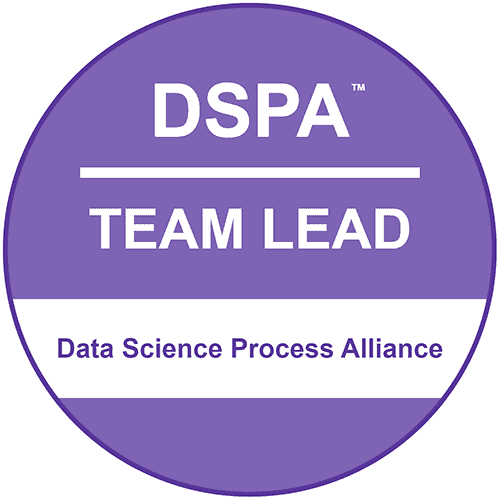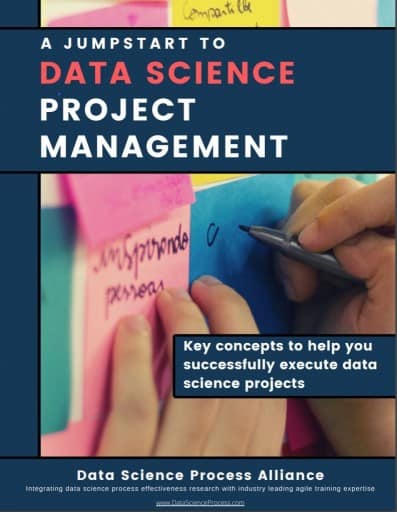The rise of big data and data science is already having a significant positive impact on our lives. However, there are also dark sides to how data is collected, used, and misused. Often this misuse is not from an intentionally malevolent actor. Rather, it could be someone like you or me who overlooks the possible consequences of their work. To help avoid this, data science ethics should be central to the decisions we make with data. Fortunately, you can explore several data science ethics courses for free to understand the ethical implications of data science.
To check these out myself, I audited 8 free data science ethics courses. These courses target a wide range of professionals – from machine learning engineers and data scientists to non-technical managers and policymakers. Those who are looking for the full course experience can also pay to unlock additional features (typically access to forums, graded quizzes, a final exam, and a certificate of completion).
I hope this guide helps you identify the right course for you as you strive toward responsible AI.

8 Data Science Ethics Courses
1. Data Science Ethics – U of Michigan

- Instructor: H. V. Jagadish, Professor of Electrical Engineering and Computer Science
- Platforms: Coursera | edX
- Hours to Complete: 15
- Enrolled Students: 28,713 on Coursera (Oct 16, 2022)
- Ideal for…: Interesting, practical case studies of real-world issues in data science ethics
- Most Valuable Lesson: Often poor ethical outcomes don’t stem from organizations that try to harm. Rather, often well-intentioned professionals and companies don’t identify and plan for all the potential impacts.
Syllabus:
- Week 1: What are Ethics? | History, Concept of Informed Consent | Data Ownership
- Week 2: Privacy | Anonymity
- Week 3: Data Validity | Algorithmic Fairness
- Week 4: Societal Consequences | Code of Ethics | Attributions
Assessment:
The University of Michigan’s Data Science Ethics course provides an interesting introduction to the field. Jagadish uses several real-world case studies – including several that can impact your daily life – to make this course very thought-provoking. Examples case study questions include:
- How can data be used if purchased out of bankruptcy? (Circuit City)
- Is it ok to publish user data, even if it is anonymized? (Netflix)
- What are the moral implications to your relatives if you decide to make your own genetic data public?
- Could it be discriminatory if a retailer offers discounts based on how close you live to a competitor? (OfficeMax and Staples)
This course is attractive – not just to data science and technical professionals – but also to marketers, social scientists, policymakers, legal scholars, and business operations professionals. It is not designed as a comprehensive data science ethics course but rather as a motivator for the broader field.
2. Ethical Issues in Data Science – U of Colorado Boulder

- Instructor: Bobby Schnabel, Professor of Computer Science
- Platform: Coursera
- Hours to Complete: 24
- Enrolled Students: 1,693 (Oct 16, 2022)
- Ideal for…: A philosophical and theoretical approach to data science ethics
- Most Valuable Lesson: Ethics are not “black and white”. A situation viewed from one ethical lens might deem it to be appropriate. Whereas, another lens might deem it unacceptable.
Syllabus:
- Week 1: Ethical Foundations
- Week 2: Internet, Privacy, and Security
- Week 3: Professional Ethics
- Week 4: Algorithmic Bias
- Week 5: Medical Applications and Implications
Assessment:
Sitting at the intersection of philosophy and computer science, this course provides an overview of different classical philosophical camps and introduces several modern technology issues. Professor Schnabel then guides discussions that examine each issue from the lenses of each branch of philosophy. Example topics include:
- Kantianism/deontology, virtue ethics, and utilitarianism
- The right to be forgotten
- Professional code of ethics
- Facial recognition and algorithmic biases
- Ethics of gene editing
This course is geared toward anyone interested in the philosophical aspects of modern technology.
3. Ethics in the Age of AI – LearnQuest

- Instructor: Brent Summers – Developer and Teacher
- Platform: Coursera
- Hours to Complete: 32
- Enrolled Students: 3,191 (Oct 16, 2022)
- Ideal for…: Learning how to ethically execute machine learning projects
- Most Valuable Lesson: There are several ways to quantify “fairness”. However, it’s more of an art to determine which measurement of fairness you should use.
Syllabus:
- Course 1: Artificial Intelligence Algorithms Models and Limitations
- Course 2: Artificial Intelligence Data Fairness and Bias
- Course 3: Artificial Intelligence Privacy and Convenience
- Course 4: Artificial Intelligence Ethics in Action
Assessment:
This Coursera Specialization is a collection of four different courses – each of which can be taken individually. Collectively, they provide an introduction to machine learning and how to conduct machine learning projects and how to handle various ethical issues that you will encounter. This course ends with a study of three different projects.
Unlike the first two courses, Ethics in the Age of AI focuses less on the philosophical aspects or real-world case studies. Rather, it is structured more like a “machine learning 101” course that thoroughly considers the potential ethical implications that your decisions will have as you progress through the project’s life cycle. This course is more technical and is geared toward machine learning professionals.
4. Ethics, Technology, and Engineering – Eindhoven
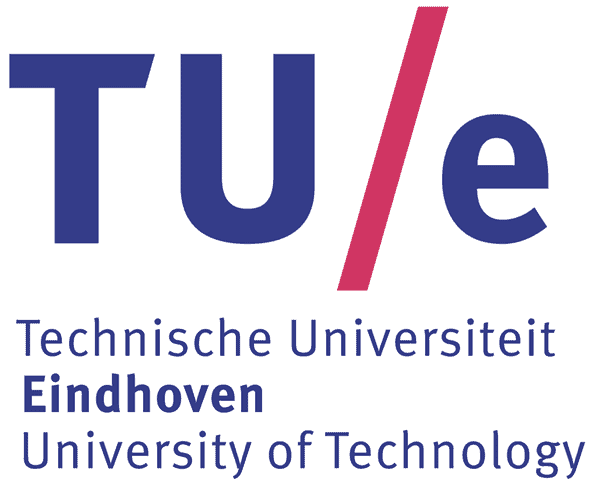
- Producer: Eindhoven University of Technology
- Instructor: Lamber Royakkers, Associate Professor
- Platform: Coursera
- Hours to Complete: 19
- Enrolled Students: 20,525 (Oct 22, 2022)
- Ideal for…: Understanding the ethics of engineering (and artificial intelligence)
- Most Valuable Lesson: Disasters are often avoidable if you listen to all relevant voices. Engineers were pleading with NASA management the night prior to delay the tragic Challenger launch. But management proceeded anyway.
Syllabus:
- Week 1: Introduction
- Week 2: Codes of Conduct
- Week 3: Normative Ethics
- Week 4: The Ethical Cycle
- Week 5: Ethical Questions in the Design of Technology
- Week 6: Designing Morality
- Week 7: Ethical Aspects of Technological Risks
- Week 8: Distribution of Responsibility
- Week 9: Exam
Assessment:
Unlike the other courses listed in the post, the Ethics, Technology, and Engineering course is not specific to data science. Rather, this course provides an overview of ethics in the engineering field with some case studies into artificial intelligence systems including a module focused on autonomous vehicles. During the case studies, the instructors ask students to put themselves in the shoes of the decision-makers. Through this, they aspire to help students develop skills in moral sensibility, moral analysis skills, moral creativity, moral judgment, and moral decision-making.
Although listed as a 9-week course, each section is short. The course is less focused on video content and more on readings and exercises. Its target audience is engineering professionals inclusive of AI professionals who are designing components for a more comprehensive engineering system.
Don’t Miss Out on the Latest
Sign up for the Data Science Project Manager’s Tips to learn 4 differentiating factors to better manage data science projects. Plus, you’ll get monthly updates on the latest articles, research, and offers.
5. Ethics in AI and Data Science – The Linux Foundation
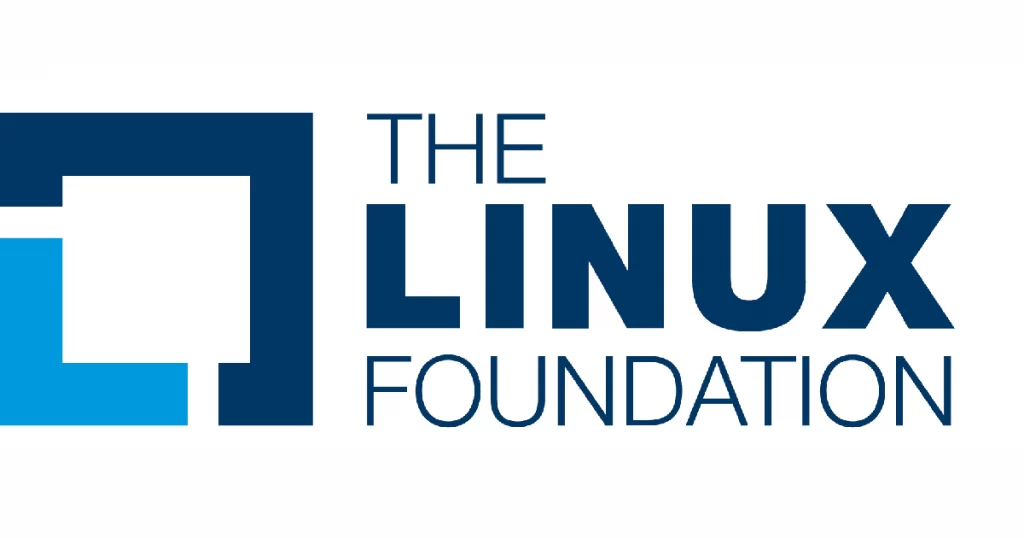
- Instructor: Alka Roy, Founder of the RI Labs and Responsible Innovation Project
- Platform: edX | LinuxFoundation.org
- Hours to Complete: 9
- Enrolled Students: 8,790 (Oct 22, 2022)
- Ideal for…: Those wanting a short introduction to AI and ethics
- Most Valuable Lesson: “Our values, our goals, and our approach will determine if we let the interest of a few” manage the AI revolution or if we make “technology and tools works for us”
Syllabus:
- Week 1: What’s at Stake? The Need for Ethics, Trust & Responsibility
- Week 2: What Do We Mean by Artificial Intelligence (AI)?
- Week 3: The Complex World of Data
- Week 4: The Challenges & Strategies of Putting Ethics into Practice
Assessment:
As the shortest course in this post, Ethics in AI and Data Science only has three videos. It focuses more on articles and discussion forums. The course aims to help you build and incorporate ethical principles into your processes and begins with a motivation to the importance of ethics. It then provides an overview of artificial intelligence and data. Finally, the fourth week combines the overview of ethics, AI, and data into a series of practical considerations including a set of 10 strategies to avoid common pitfalls with responsible frameworks.
The course is non-technical and short. It is geared more toward managers and social scientists who want a quick introduction into the field.
6. Data Ethics, AI, and Responsible Innovation – U of Edinburgh

- Lead Instructors: Professor Michael Rovatsos and Dr. Ewa Lugar
- Platform: edX
- Hours to Complete: 24
- Enrolled Students: (Oct 22, 2022)
- Ideal for…: Policymakers and social scientists
- Most Valuable Lesson: “As systems and interface designers, we’ve not yet found a way of defining what effective human algorithm or human AI might look like.”
Syllabus:
- Week 1: Law and Ethics
- Week 2: Crime and Justice
- Week 3: Home and City
- Week 4: Money and Markets
- Week 5: Life and Health
Assessment:
Featuring a wide range of instructors, this course raises several ethical issues in technology from a societal, legal, and political perspective. The course helps corporate and government leaders to understand the challenges and ethical implications of how it collects, uses, and manages the life cycle of its data. The complex conundrums of consumer data privacy and data usage are central throughout the course.
Sample case studies include:
- The Cambridge Analytica – Facebook scandal
- The Trolley Problem – Who to save/kill in life-or-death situations
- Predictive Policing
- Fairness in Loan underwriting
- Mass surveillance / Data collection via IoT devices
- Genetics research
This non-technical course is ideal for professionals in the public sector. Managers and executives of data-driven organizations would also benefit from it.
7. Big Data, Artificial Intelligence, and Ethics – UC Davis
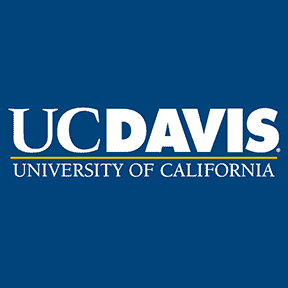
- Instructor: Martin Hilbert, Professor and Chair DE Computational Social Science
- Platform: Coursera
- Hours to Complete: 12
- Enrolled Students: 21,588 (Oct 22, 2022)
- Ideal for…: Understanding big data and AI and their implications for broader society
- Most Valuable Lesson: We’re in the midst of a paradigm shift into the digital world. And with this shift brings new countless ethical issues.
Syllabus:
- Week 1: Getting Started and Big Data Opportunities
- Week 2: Big Data Limitations
- Week 3: Artificial Intelligence
- Week 4: Research Ethics
Assessment:
The Big Data, Artificial Intelligence, and Ethics course is the second of five courses in UC Davis’ Computational Social Science Specialization. As its title implies, the course covers a wide range of topics such as big data, your digital footprint, machine learning, an introduction to artificial intelligence, limitations of AI and big data, data usage implications, cognitive biases, and pervasive technology. The instructors view these topics from the lens of social scientists, and walk through several social networks use cases.
The course is more of an introduction to big data and concepts of AI than a course specific to ethics. However, ethics is woven throughout the course, with a particularly strong emphasis in Week 2.
The course targets a broad, non-technical audience including business professionals and social scientists.
8. Principles & Applied Data Science Ethics – statistics.com

- Lead Instructor: Peter Bruce – Chief Learning Officer, Elder Research
- Platform: edX
- Hours to Complete: 12
- Ideal for…: Learning a framework approach to implement data science ethics
- Most Valuable Lesson: A repeatable process for your data science project can mitigate ethical and other risks.
Course 1 – Principles of Data Science Ethics Syllabus:
- Module 1: Landscape of Harm
- Module 2: Legal Issues
- Module 3: Transparency
- Module 4: Principles and Frameworks
Course 2 – Applied Data Science Ethics Syllabus:
- Module 1: Audit and Remediation
- Module 2: Interpretability in Practice
- Module 3: Image and Text Data
- Module 4: Tools and Documentation
Assessment:
Statistics.com put together these two courses using research and approaches from Peter Bruce’s Responsible Data Science book. Not surprisingly, these courses are perhaps the most structured of the courses. In it, Peter introduces the RDS (Responsible Data Science) framework which serves as a wrapper around CRISP-DM to build repeatable ethical approaches into a data science project. Instructors also cover various specific approaches such as fairness checks, datasheets, and impact assessments that machine learning practitioners can implement to mitigate the risk of harm.
The course goes into some technical details is primarily targeted at ML practitioners. However, the course also targets functional and process managers who help oversee/facilitate a data science process.
Other Data Science Ethics Courses
There are additional courses that I have not yet explored. These include:
- Data Ethics: Making Data-Driven Decisions – Short-course from LinkedIn Learning which is a subscription service but you can get a free month trial and maybe a free subscription through your library or university.
- Science, Engineering, AI & Data Ethics | 科学技術・AI倫理 – An edX course from TokyoTech. The audio is in Japanese with an option for English subtitles.
Or, as a paid course route, the Data Science Team Lead courses help professionals learn how to manage data science projects. Ethics throughout each phase of the project life cycle is included as a module.
Have you found any data science ethics course (either listed here or elsewhere) particularly helpful? Reach out to let us know.
Interested in data science ethics? Check out these two related posts:
Master Data Science Project Management
Apply the latest data science process research with practical tips from the field.
With over 6 hours of on-demand content and 2 hours of personalized coaching, the Data Science Team Lead course provides the leading agile project management certification focused on data science projects.
Deliver data science outcomes. Differentiate yourself. Get certified.
